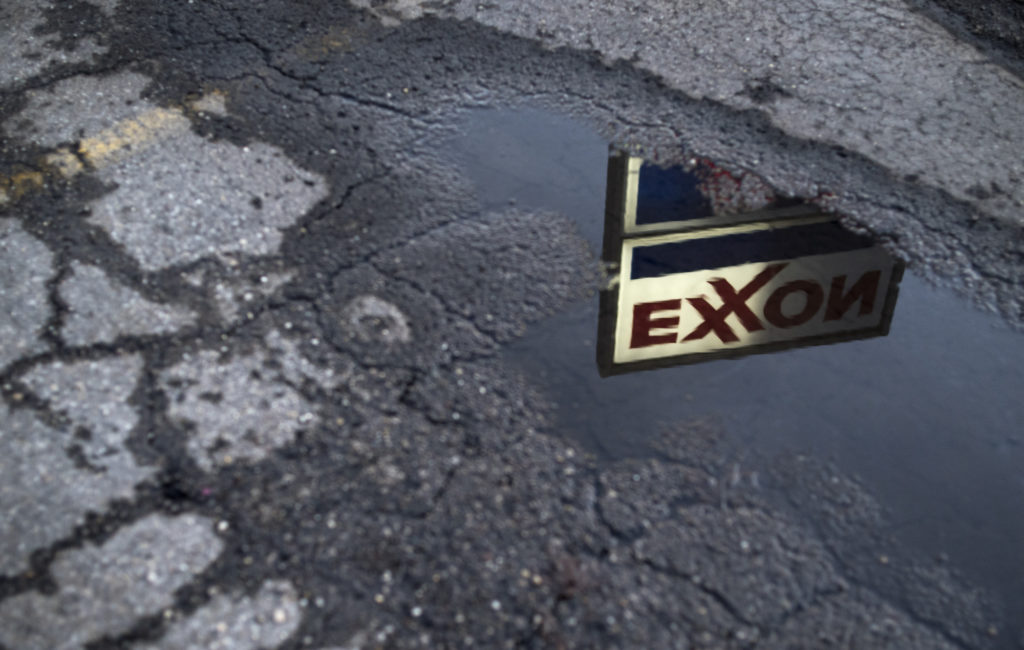
Exxon Mobil Corp.’s partner on a Papua New Guinea gas project that’s threatened by failed talks with the government hit back at the state’s position on Monday, saying its terms were uneconomical.
Oil Search Ltd., in its first comment since the talks broke down Friday, said that the government’s demands meant the project would not gain a sufficient return on investment. The impasse casts doubt on a broader $13 billion plan to double the country’s exports after Prime Minister James Marape, who came to power on a promise to increase the nation’s share of resources wealth, said Friday that Exxon’s proposed terms were ‘out-of-the-money’ for PNG.
The country’s take from the project would have been “significantly less” than deals done elsewhere in the region, including Malaysia, where Exxon has a big operation, Marape said Friday. The size of the resource, cost of development and the unique challenges of operating in PNG made comparisons with other arrangements in the region “misleading,” according to Oil Search.
“For Oil Search, the project returns under the State’s proposed terms were approximately the same as our cost of capital, on an unrisked basis,” Managing Director Peter Botten said in a statement to the Australian Stock Exchange.
The company’s shares ended Monday down 7.2% at the lowest closing level since Sept. 3, and having lost as much as 11% intra-day, as investors reacted to the latest setback to the group’s expansion plans in PNG.
The failure of the P’nyang talks has cast doubt on the future of Total SA’s Papua liquefied natural gas project. While the government has already reached agreement with the French company on that project, the business case of Papua was based in part on sharing infrastructure costs to expand the existing PNG LNG processing facility.
“With the talks failing, and P’nyang now stalled, we now see the most probable outcome being the PNG expansion (including Papua) stalls,” said Morgans analyst Adrian Prendergast in a Feb. 2 note.
Oil Search said it would “seek to advance the Papua LNG project in a timely way,” but added that several engineering and commercial changes would need to be made following the P’nyang delay. Meetings with the Papua joint venture partners, which also includes Exxon, were planned in the short term, the company said. A spokesman for Total in Papua New Guinea did not immediately respond to a request for comment.
“Papua is looking at a material delay which could push a final investment decision well into 2022,” said Saul Kavonic, energy analyst at Credit Suisse.
Total is currently targeting an FID in 2021. Further delay could see the expansion plan slip further down the queue in terms of projects competing globally for contractors and long-term offtake contracts.
“Trailing in the wake of the biggest wave of new LNG supply the industry has ever seen is not ideal,” said Angus Rodger, research director at energy consultancy Wood Mackenzie, adding that any reassessment of how the project is structured would inevitably require lots more time.
Marape doubled down on his criticism of Exxon in a Facebook post Sunday, saying the company was “not sincere” in dealing with the government on P’nyang. Referring back to the original Exxon-led PNG LNG project, which started in 2014, Marape said that “to date my families, my tribes and my provinces and country are yet to fully see those promised windfalls yet the state continues to foot the social cost of this project.”